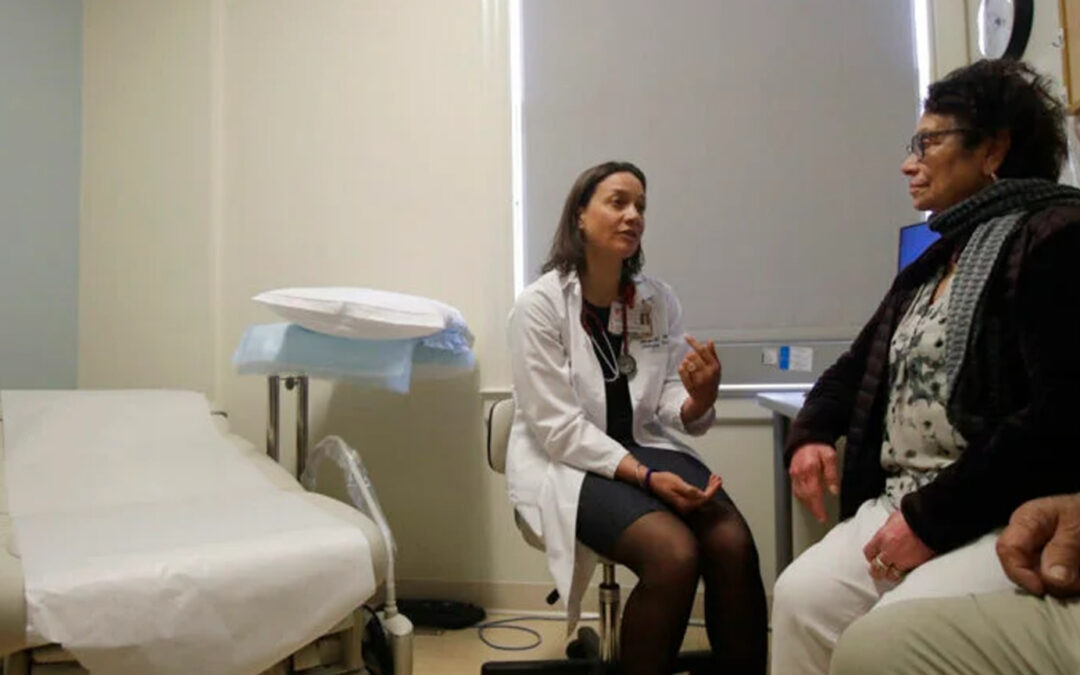Low reimbursement rates are a major cause of New Jersey’s continuing primary care shortage, according to a study published by the New Jersey Health Care Quality Institute — and that shortage is hurting people’s health. “New Jersey has a primary care crisis,” said study co-author Alfred Tallia, who chairs the Department of Family Medicine and Community Health at Rutgers Robert Wood Johnson Medical School. “Low pay is driving primary care doctors from New Jersey, and that in turn endangers state residents.”
The report found that New Jersey has around 17 primary care physicians for every 100,000 people, which is far below previous estimates.
This isn’t a problem unique to New Jersey — the U.S. as a whole faces a shortage of primary care physicians, who make up only about a third of the physician workforce, far lower than the more than 50% that’s common in other high-income countries. This matters, Tallia says, because primary care doctors play an essential role in preventive care, nipping small ailments in the bud before they balloon into bigger, more dangerous and more costly conditions. To read the full story.

